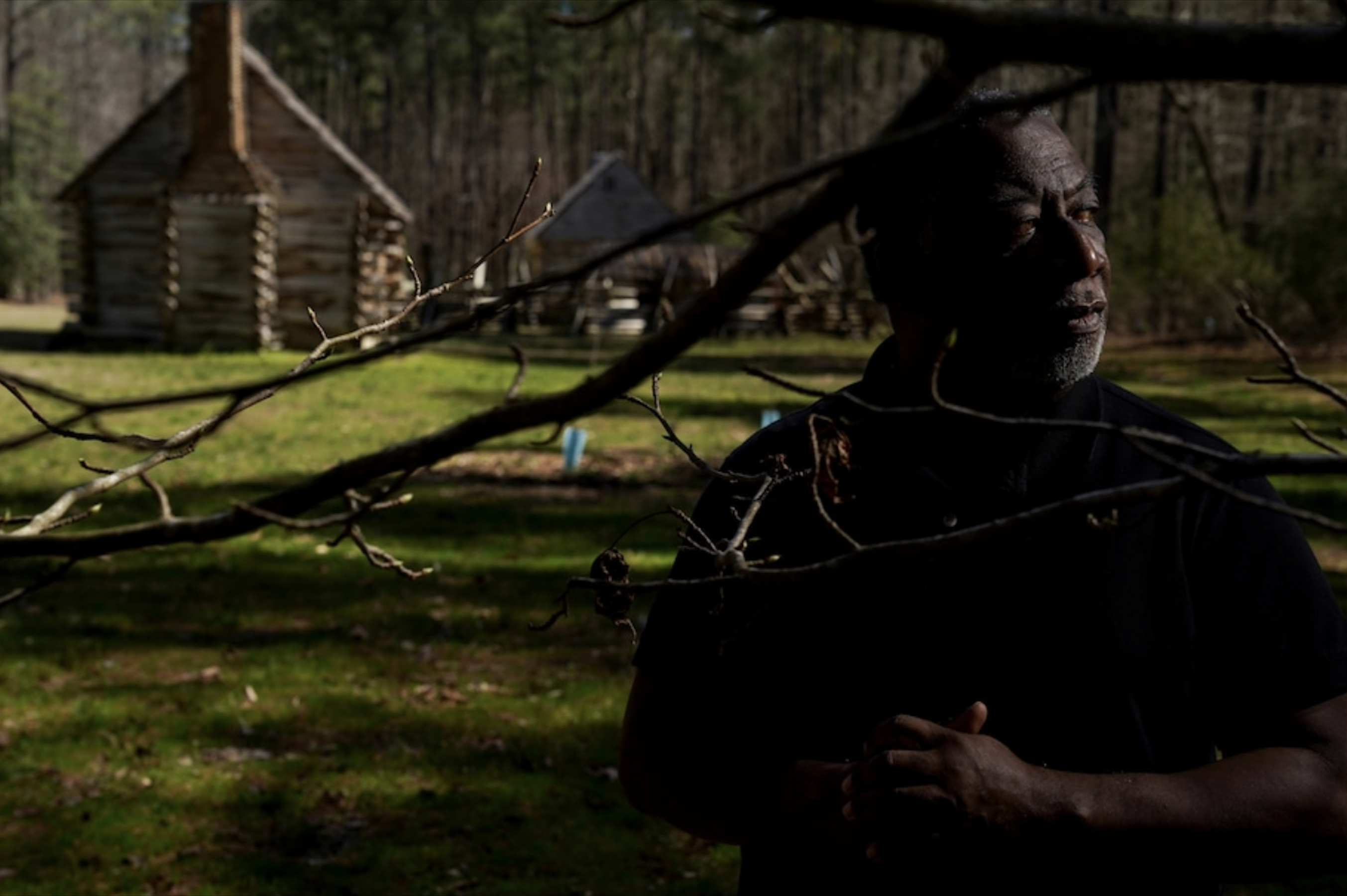Image is from the article: The Great Dismal Swamp was a refuge for the enslaved. Their descendants want to preserve it.
Programs Connecting Black Communities to Nature
- #BlackBirdersWeek
- Programs on Black Gardening.
- Resources on the Black Farming Movement.
- Black Girls Hike. (See more hiking groups for Black women here.)
- Black Girls Run.
- Black Kids Swim
- The Black Outdoors.
- Blackpackers.
- Diversity Outdoors.
- Melanin Base Camp: Diversity in the Outdoors.
- Outdoor Afro.
- Soul Trak Outdoors.
- Vibe Tribe Adventures.
Books
Kevin Dawson: Undercurrents of Power : Aquatic Culture in the African diaspora.
Alison Hawthorne Deming & Lauret E. Savoy (editors): The Colors of Nature: Culture, Identity, and the Natural World.
Camille T. Dungy: Black Nature: Four Centuries of African American Nature Poetry.
Carolyn Finney: Black Faces, White Spaces: Reimagining the Relationship of African Americans to the Great Outdoors.
Dianne D. Glave: Rooted in the Earth: Reclaiming the African American Environmental Heritage.
J. Drew Lanham: The Home Place: Memoirs of a Colored Man’s Love Affair with Nature.
Brian McCammack: Landscapes of Hope: Nature and the Great Migration in Chicago.
Paul Outka: Race and Nature from Transcendentalism to the Harlem Renaissance.
Lauret E. Savoy: Trace: Memory, History, Race, and the American Landscape.
Articles: Historical
C.N.E. Corbin: The Rise of Green Spaces in Inner Cities.
Celeste Henery:
- Contemplating Black Ecologies.
- Fire Suppression, the Carceral State, and Black Ecological Knowledge.
- Contemplating the Black Atlantic.
- Race and the Paradoxes of the Night.
- Black Swimmers and Diasporic Understandings of Water.
Justin Hosbey & J. T. Roane: Mapping Black Ecologies.
Brian McCammack: The Great Migration and Black Environmental History (interview by J. T. Roane.)
Priscilla McCutcheon: Prophetic Black Ecologies: Liberatory Agriculture on Beulah Land Farms.
Roshad Demetrie Meeks: The Bond of Live Things Everywhere: What Black Nature Might Look Like.
Warren Milteer: Marronage and the Great Dismal Swamp.
James Padilioni Jr.:Cosmic Literacies and Black Fugitivity.
Tyler Parry:
- The Role of Water in African American History.
- A Meditation on Natural Light and the Use of Fire in United States Slavery.
Malini Ranganathan: The Environment as Freedom: A Decolonial Reimagining.
J. T. Roane:
Julie West: North Star to Freedom: Harriet Tubman Underground Railroad National Historical Park.
Teona Williams: Nature and the Great Migration in Chicago.
Articles: Contemporary
Code Switch: Meet Alexis Nikole Nelson, The Wildly Popular ‘Black Forager’.
Meagan Flynn: The Great Dismal Swamp was a refuge for the enslaved. Their descendants want to preserve it.
Fushcia Hoover: A Black Girl’s Guide To Foraging.
Jillian Mock: The National Parks Have a Diversity Problem. This Couple Has Been Working for 20 Years to Fix It.
National Audubon Society: scroll down for roundup of articles on Black birders.
The New York Times:
- The Black Park Rangers Bringing History to Life.
- Tell Us What You Love About the Outdoors for Our Black History Series: For our series exploring pivotal moments and transformative figures in Black history, we want to hear stories about when you found your passion for nature.
- Black Gardeners Find Refuge in the Soil: Gardening boomed during the pandemic. Six Black writers share how it has helped them re-establish, and reimagine, a connection to cultivation and the land.
Sean O’Hagan: Photographer Donavon Smallwood: ‘What’s it like to be a black person in nature?’
Ebony Rosemond: This stereotype [that Black people don’t swim] is killing black children.
Chandra Thomas Whitfield: Black Women’s Groups Find Health And Healing On Hikes, But Sometimes Racism, Too.
